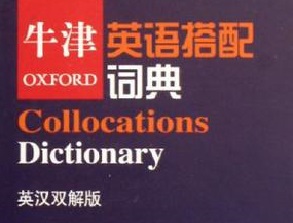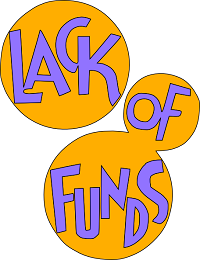今天分享给大家的是关于教育投资类的好文章,大家注意积累词汇句型观点。认认真真读一篇文章比走马观花看十篇文章有效。看英文报道如何提高雅思?今天给大家做个示范:有很多同学雅思写作口语举得例子过于中式,考官看不懂,解决这个问题,养成平时看英语新闻的好习惯必不可少。雅思写作雅思口语话题包罗万象,需要考生涉猎广泛,在各个领域有基本的常识知识,如果能深入了解,那就再好不过,如果在作文和口语答案中能写出说出考官觉得新颖深入的观点,分数绝对低不了!墨尔本文波雅思发现考生对生活的积累不足,特别为大家收集地道的英文文章,帮助大家日常积累。
9月20日雅思考试A类大作文考的一道关于免费教育的问题,跟这篇文字有密切联系。
School funding promotes segregation, says education lobby
Australian schools will become more socially segregated because schools receive more money if they have a concentration of disadvantaged students, according to the body that represents independent schools in Victoria.
Fairfax Media understands Independent Schools Victoria has recommended the increased funding for concentration of disadvantage be removed and replaced with a flat amount per needy student in its submission to a review of school funding.
The federal Education Department is conducting a review of the extra money, known as a “loading”, allocated to students with low socioeconomic status (SES)
The review – which has been branded secret because organisations had to be invited to make submissions – has sparked fears that federal Education Minister Christopher Pyne plans to cut the low SES loadings.
Extra money is distributed to schools for children with specific disadvantages, such as disability, poor English or low SES.
The funding increases depending on the concentration of low SES or indigenous students in schools.
The submissions to the review will not be made publicly available but Independent Schools Victoria chief executive Michelle Green said the organisation had not changed the views it expressed in a submission to a Senate inquiry into school funding this year.
The submission recommended removing the increased funding for concentration of disadvantage in the low SES loading and replacing it with a flat amount per student.
It also recommended reducing the proportion of funding allocated to low SES students.
The submission said the funding model provided incentives for states or sectors that controlled multiple schools to “channel” low SES students into certain schools.
“Australian schools will become more socially segregated and residualised in order to maximise their share of the financial rewards now on offer,” it said.
“This in turn could lead to a backlash with greater demands for stronger regulation …. in order to contain cost-maximising abuses. Alternatively, the backlash may take the form of reduced government funding support for all schools.”
It also said the evidence used to justify spending large amounts of taxpayer money on low socioeconomic status overestimated the impact of disadvantage on student results.
The Gonski review found increased concentration of disadvantaged students in certain schools was having a significant negative impact on student performance, particularly at state schools.
It said concentrations of students from low SES backgrounds and indigenous students had the most significant impact.
The Australian Education Union refused to make a submission to the internal review to protest against a process it said was “heavily biased to undermining the loading” in favour of increasing the amount of funding to private schools.
In a letter to Mr Pyne, union president Angelo Gavrielatos said the vast majority of low SES students were enrolled in government schools.
However, he said of those invited to contribute to the review, 35 per cent represented independent schools, 30 per cent Catholic schools and only 21 per cent government schools.
“Both the bias towards the private schooling sector and the secret nature of the process are matters of grave public concern,” Mr Gavrielatos wrote.
In a speech in August, Mr Pyne said education policy had been dominated by attempts to address the correlation between low socioeconomic background and poor student performance.
“Research on equity in education highlights the need for policies addressing underachievement to focus on quality rather than socio-economic status or disadvantage itself and to be based on knowledge of what works for particular groups of students,” he said.
The Australian government will make a recommendation on the low SES loading to the Council of Australian Governments (COAG) education council in January.




